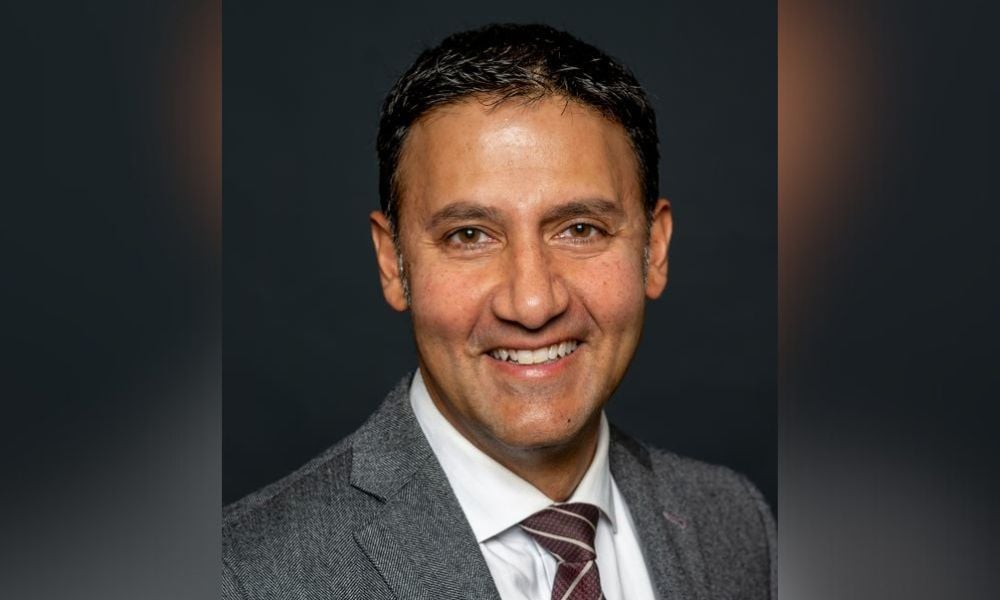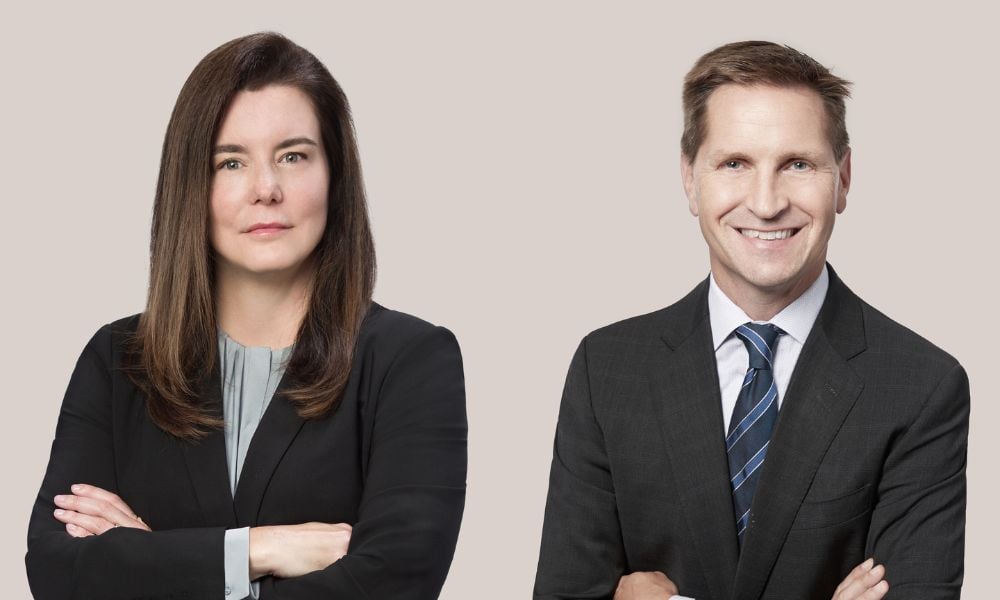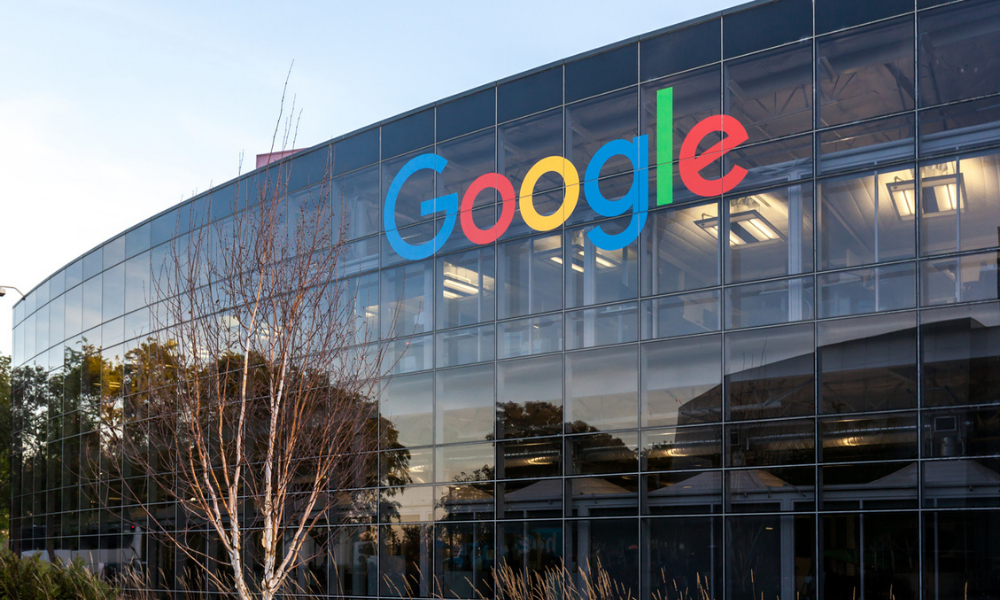Gary Goodwin compares the GC Oath to the Law Society of Ontario’s former Statement of Principles
The Association of Corporate Counsel recently endorsed the General Counsel Oath. Remembering that history does not repeat itself but it often rhymes, some lawyers may vaguely remember the controversy regarding the Law Society of Ontario’s Statement of Principles. The SOP stated that every licensee must adopt and abide by a statement acknowledging the obligation to promote equality, diversity and inclusion in the professional conduct of the licensee, with other licensees, with employees, with clients and with members of the public.
This raised the concern that the principles impeded free speech. Eventually there was a substantial turnover in the elected benchers and instead they went with a motion to require licensees to acknowledge in their annual report filing, in accordance with the professional conduct rules, their special responsibility as a lawyer or paralegal to respect the requirements of human rights laws in Ontario and to honour the obligation not to discriminate.
One would think that everyone has a special responsibility to respect human rights laws.
The ACC’s GC oath states that general counsel will implement education and action plans to foster diversity, equity, inclusion and antiracism, and will promote these objectives and values across their organization and in their relationships with law firms, recruiters, and others in the legal profession.
No doubt, there are profound differences and applications between the two statements from a voluntary association and a regulatory body.
The GC Oath does use a slightly milder phrasing of ‘will implement’ where the SOP uses ‘must adopt and abide by’. The use of ‘will’ always seems to suggest a milder form of compulsion where the person really wants to do it. The use of ‘must’ does have a more of a legal obligation attached to it. One might wonder if the SOP had used ‘will’ if there would have been somewhat less controversy.
Of course, the ACC oath is merely suggested and not obligatory as opposed to a licensing body. The ACC also likens the oath to the Hippocratic Oath, which medical students take upon entering medical school.
The classic version of the Hippocratic Oath asked the students to swear by Apollo Physician and Asclepius and Hygieia and Panacea and all the gods and goddesses, making them their witnesses, that they will fulfil according to their ability and judgment this oath and this covenant. Good cocktail trivia, if we ever get back to that state of socialization: Asclepius represents the healing aspect of the medical arts; his daughters are Hygieia ("Hygiene", the goddess of cleanliness), and Panacea (the goddess of universal remedy).
The modern version drops the various gods and goddess and instead takes a more humanistic approach, saying the individual will remember that they remain a member of society, with special obligations to all their fellow human beings, those sound of mind and body as well as the infirm. Lawyers will note the ‘will remember’ type of invocation.
Interesting side note is that although “first, do no harm” is attributed to the ancient Greek physician Hippocrates, it is not a part of the Hippocratic Oath at all. It is actually from another of his works called Of the Epidemics.
Harvard Medical School takes a postmodern approach for its oath when it calls upon students that they will embrace their citizenship in humanity and their obligation to act for the benefit of all human beings and that they will combat structural oppression, promote social justice and model ethical action.
There is that pesky ‘will’ once again. At least we manage to avoid the ‘shall’ legal semantic controversy.
Looking to other companies, I elected to google ‘diversity and inclusion’. First on the google search, not surprisingly, was the Google Diversity Annual Report 2020. They outline a major objective:
In 2020 and beyond, we’re committed to building a culture of belonging at Google through focused intention, through deep listening to the experience of our colleagues, through education on the principles of belonging, through programs to deliberately implement those principles, and most importantly, through fostering a collective accountability for building belonging here.
Some of the highlights include building, deep listening, education, through programs and fostering. These are all compelling action items and not just maintaining an open mind.
Most companies work towards this aspirational state. In addition, from a personal level, we all should be aspiring towards this goal.











